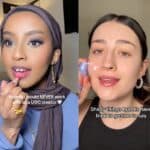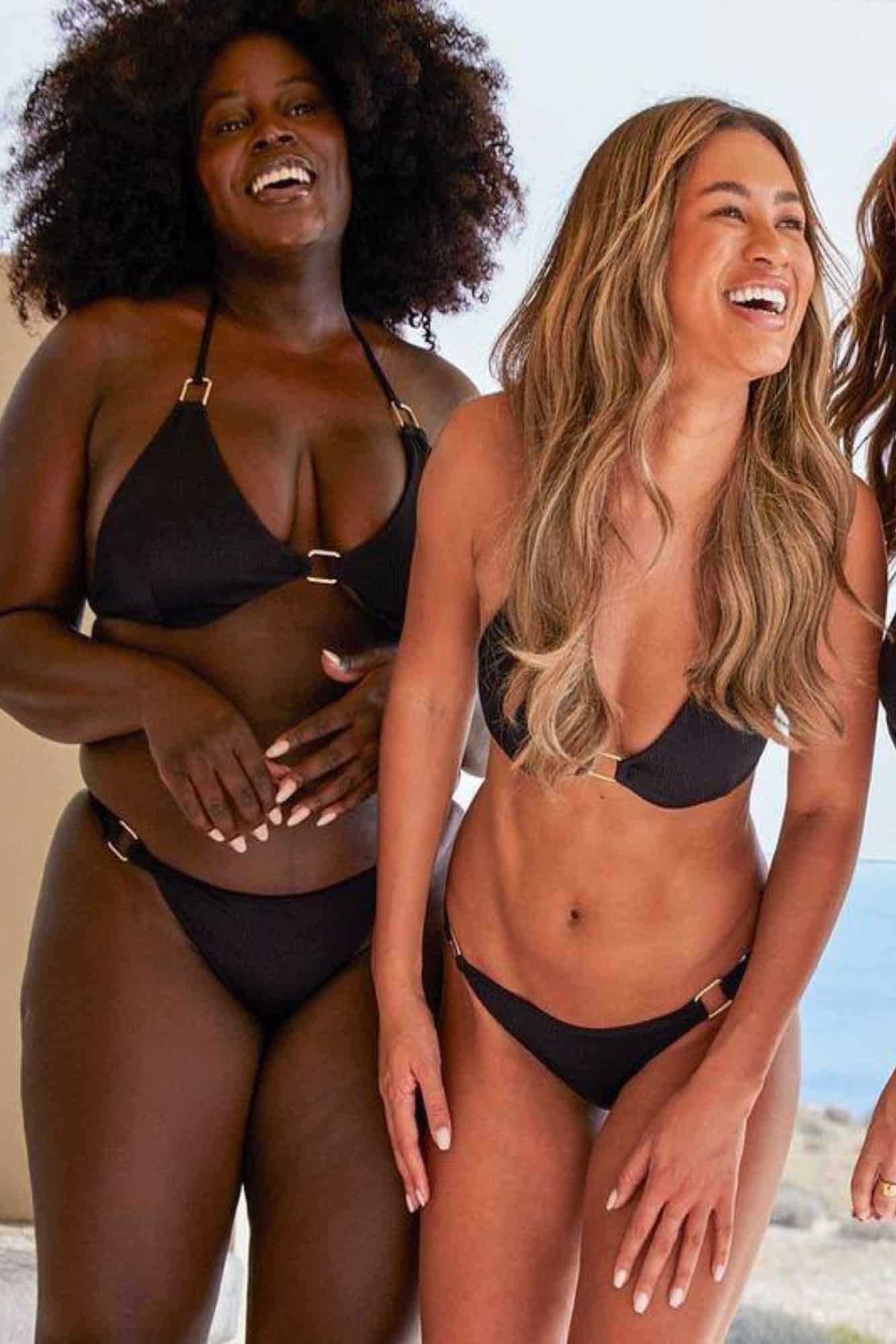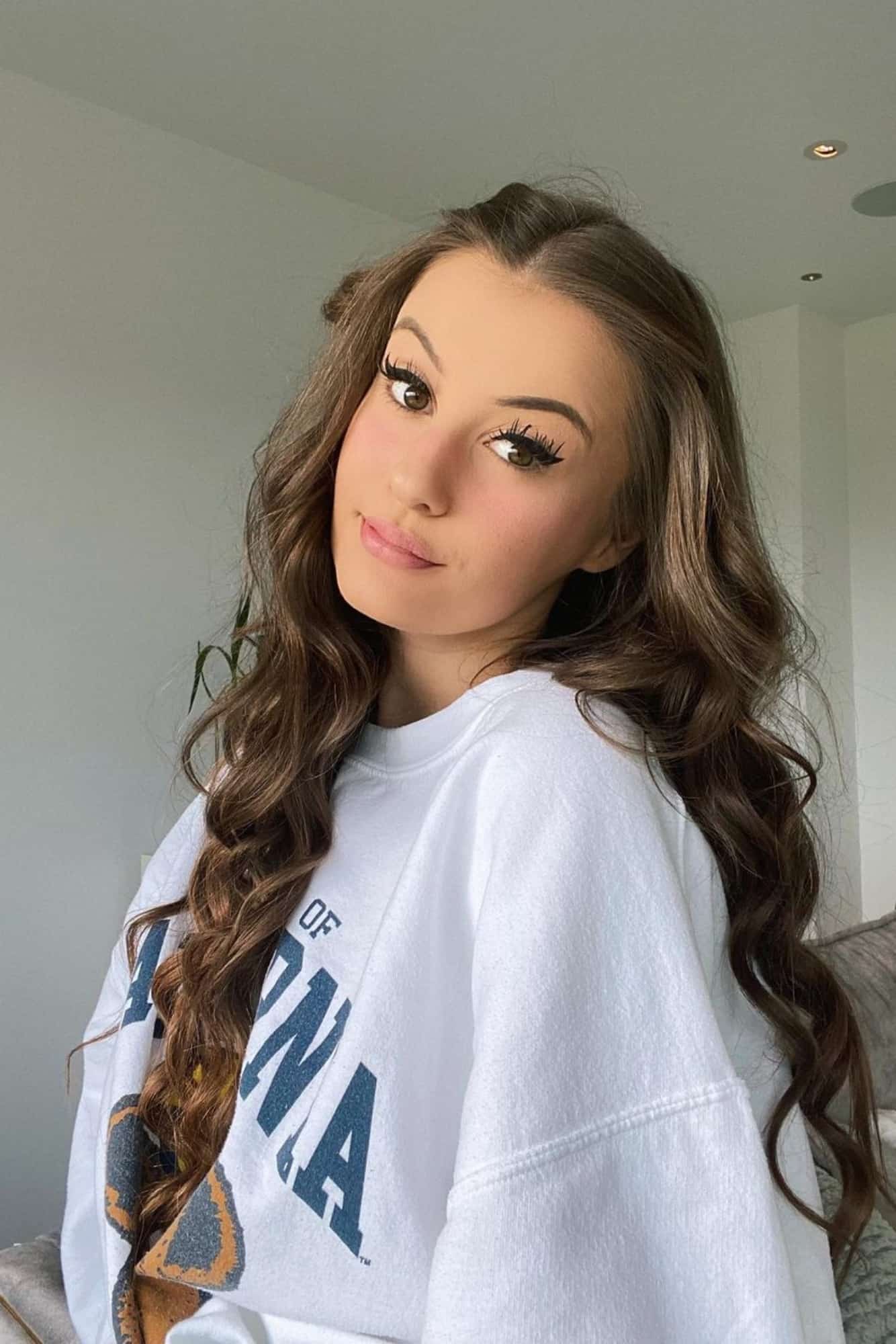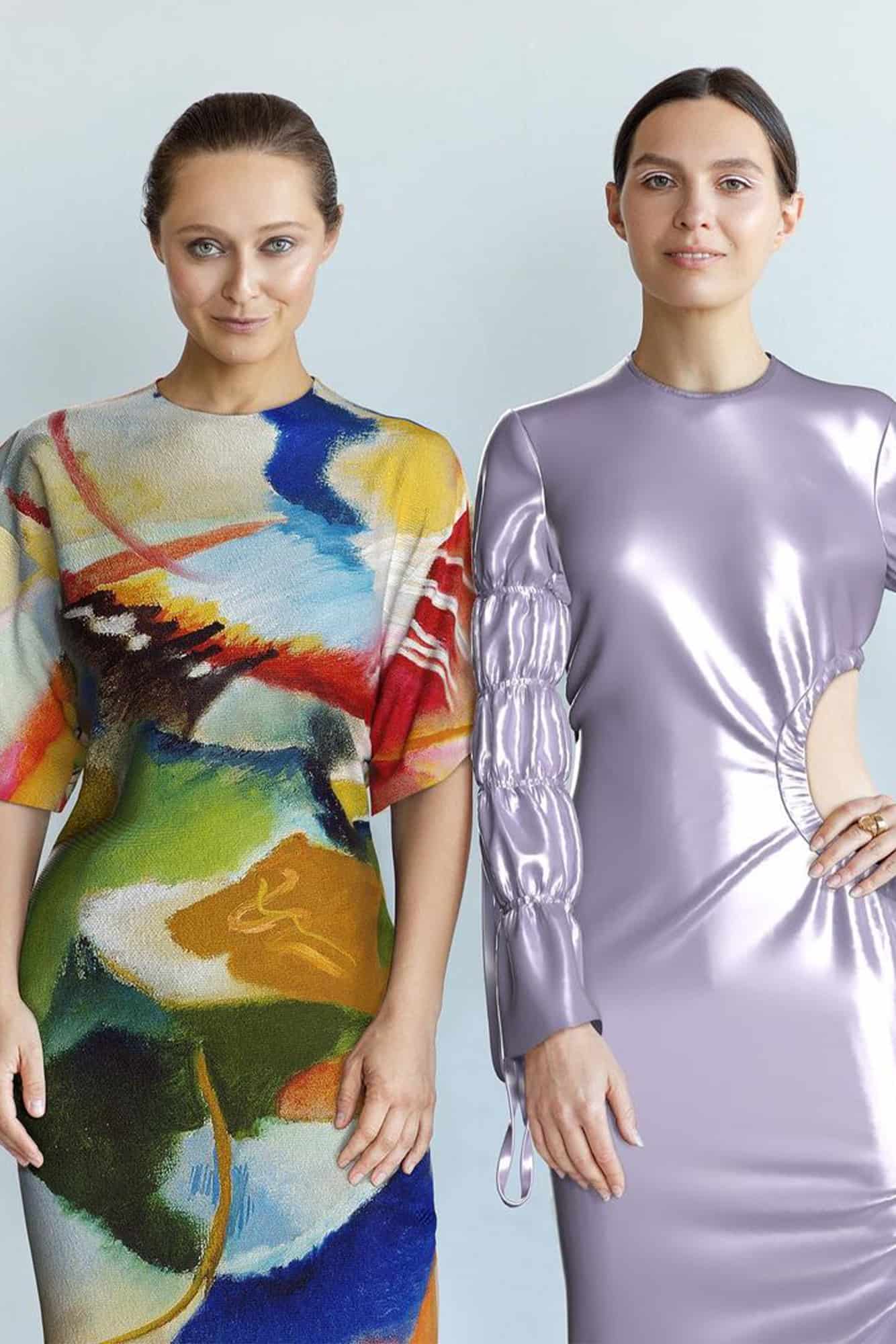Fashion influencer and writer Camille Charrière created a party collection for Mango which came out at the start of this month. It’s stylish, fun and perfect for the Christmas season. The only problem? The sizing is extremely limited.
Lifestyle creator and writer Abisola Omole highlighted this on Instagram Stories, noting how beautiful the pieces are but pointing out 80% of the line only goes up to a size 12. The rest is available in size 16/18, but that’s it. For reference, the average dress size for a woman in the UK is 16.
Charrière responded to Omole’s Story, explaining she had the ambition to make the collection size accessible but compromises were made. If it was her own brand, she said, things would be different – she didn’t have the final decision on sizing. There has been no comment from Mango.
Size inclusivity has been a weakness of high street brands in 2022. Take River Island’s swimwear edit with model Charli Howard in May. It promoted self-love and body positivity yet was only available up to a size 18. Influencers quickly criticised the collection and the retailer said it would increase sizing up to 28.
You may also like
The fashion industry has consistently lacked size inclusivity – both in garments and campaigns. At London Fashion Week this year, model and activist Felicity Hayward counted only 15 of 100 designers cast plus models in their shows.
Yet this goes beyond the absence of inclusive sizing, because interpretation of what is small, medium and large seems to be shrinking. According to some brands, a large is a size 12. Yes, you read that correctly.
The main culprit here is Zara and creators are not amused. Erica Davies recently shared her decision to stop shopping with the brand as the sizing is so off. She noted she is a 14 yet the brand’s “large” is too small for her. What is that saying to consumers? From the comments under Davies’ post – which included damning reviews from Aja Barber and Danielle Vanier – it’s a clear sign the business does not care about its target consumer.
The point is, sizing is becoming a hot button issue within the fashion creator community and the conversation about this isn’t going away. Brands should be aware influencers are increasingly speaking out on this and their commentary is providing space for consumers to share their stories – experiences of feeling excluded and devastated because shopping is a demoralising experience. Acting now will save a lot of stress as this escalates and anyway, it’s 2022 – shouldn’t businesses know better?
By Caroline Edwards, news and features writer for CORQ. Picture credit: Mango.










